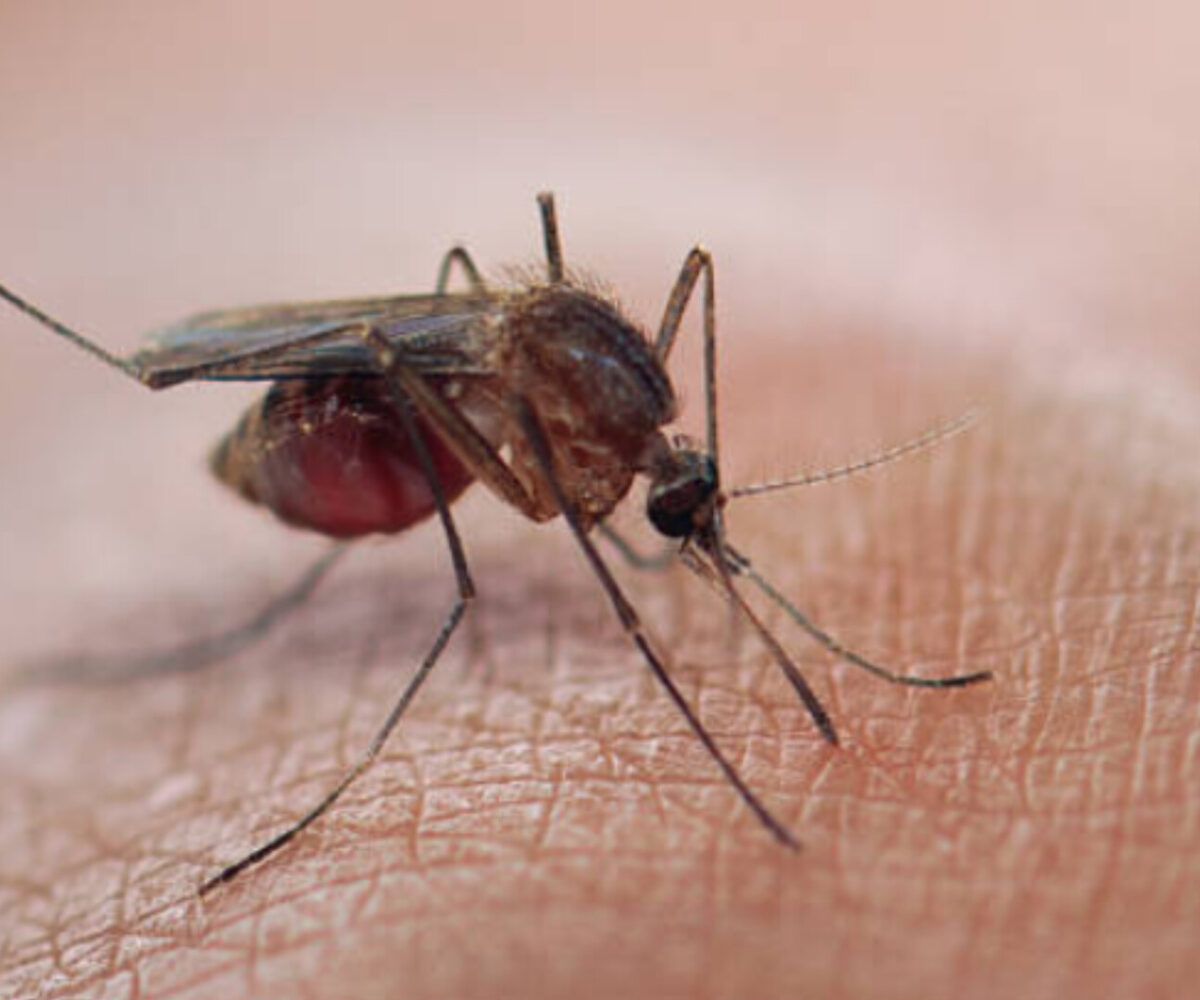
The Department of Health has urged all travellers and communities to stay vigilant as the country is experiencing a slight increase in malaria cases, particularly in provinces where the disease is endemic, including Limpopo, Mpumalanga, and KwaZulu-Natal.
According to the department, outbreaks of malaria have been reported in several neighbouring countries within the Southern African Development Community (SADC) region, specifically in Botswana, Eswatini, Namibia, Mozambique and Zimbabwe.
Cross-border transmission
It is suggested that this circumstance increases the likelihood of possible transnational spread of the avoidable illness, particularly since individuals move across borders within the area for spiritual and cultural gatherings over the Easter vacations.
“The department will remain on high alert in case of a sudden peak in local malaria transmission, “ the statement read.
The disease is primarily transmitted through a bite from infected female Anopheles mosquitoes.
Frequent indications encompass fever, shivers, head discomfort, muscular soreness, queasiness, lack of hunger, and regurgitation.
Citizens travelling to malaria-endemic areas are urged to take the following precautions:
• Take antimalarial preventive medication (prophylaxis) as recommended by a healthcare professional. Doxycycline can be obtained for free at all public health centers.
• Apply an insect repellent with a minimum of 10% DEET content.
• Use bed nets for sleeping, opt for fans or air conditioning.
• Wear long-sleeved clothing, especially at night.
• Get prompt medical care if any symptoms show up and be sure to report your recent travel history.
In the meantime, the department mentioned that healthcare providers across both endemic and non-endemic provinces were informed to stay vigilant about possible malaria cases in patients exhibiting flu-like symptoms. They also emphasized reporting all confirmed instances promptly to aid in effective monitoring and reaction efforts against malaria.
They were additionally advised to consistently ask about travel history, especially from areas with a higher risk, and perform quick malaria testing. If symptoms continue even after receiving negative results, they should carry out repeated tests.
“Early diagnosis and treatment are critical to saving lives and preventing further transmission of the disease,” said the department.
Has you ever had malaria before?
Let us know by leaving a comment below, or send a WhatsApp to 060 011 021 1
Subscribe Subscribe to The South African website’s newsletters and follow us on WhatsApp , Facebook , X and Bluesky for the latest news.